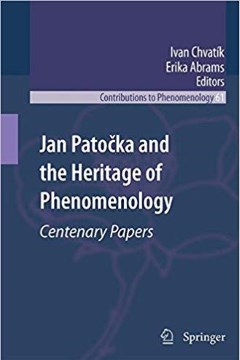Repository | Book | Chapter

(2011) Jan Patočka and the heritage of phenomenology, Dordrecht, Springer.
In the last weeks of his life, Jan Patočka published a few short texts on Charter 77 which can be read as a kind of political testament. The audience was not just the usual academe, but the entire body of his fellow citizens, and he addressed them in his characteristic manner: as a truly Socratic philosopher. Having reread Patočka's arguments now that thirty years have gone by, I contend that the concept of human rights articulated here – somewhat disconnected from our contemporary legal and/or political discourse, emerging rather from his own lifelong philosophical inquiries – has lost none of its significance and spiritual power. On the contrary, it seems to me that, politically speaking, it has become even more relevant today than it was when it came into existence, tested against the odd and painful political realities of communist Czechoslovakia of the 1970s. I focus on three questions: First, I attempt to clarify the precise part played by the human rights argument in Patočka's own political philosophy and its place in the overall context of his philosophical investigations, inspired first and foremost by Husserl's phenomenology. Second, I examine the connection between Patočka's Socratic action within the Charter 77 dissident movement and his "Czech national philosophy": his interpretation of the political existence of a small nation "in the heart of Europe" in the framework of modern history of Western civilization. Third, I address the possible relevance of Patočka's concept of human rights in the context of contemporary political thought and jurisprudence, the message his Socratic death can convey to those who live now, in the open world of the beginning of the twenty-first century.
Publication details
DOI: 10.1007/978-90-481-9124-6_13
Full citation:
Palouš, M. (2011)., Jan Patočka's socratic message for the twenty-first century, in E. Abrams & I. Chvatík (eds.), Jan Patočka and the heritage of phenomenology, Dordrecht, Springer, pp. 163-174.
This document is unfortunately not available for download at the moment.



